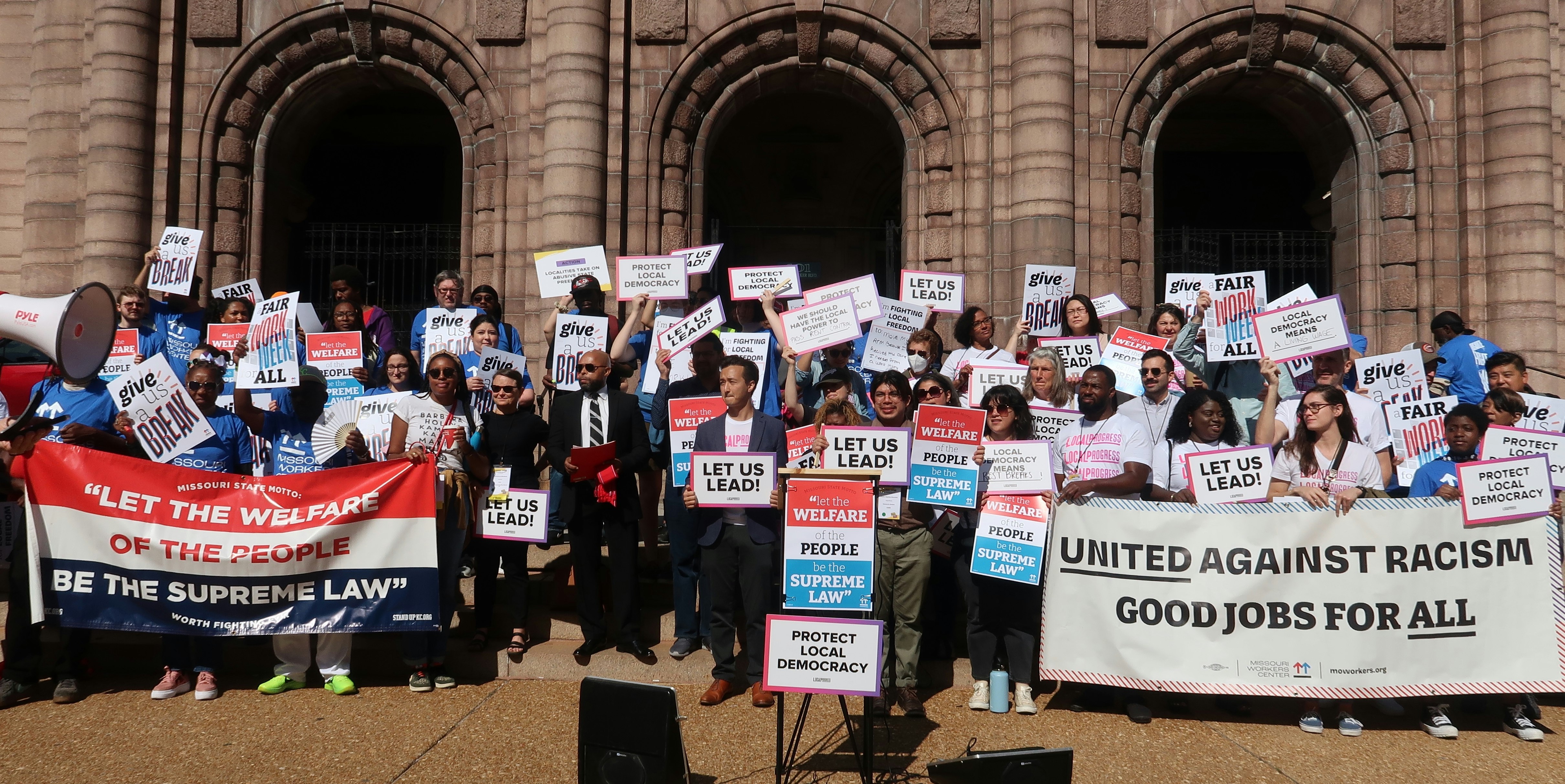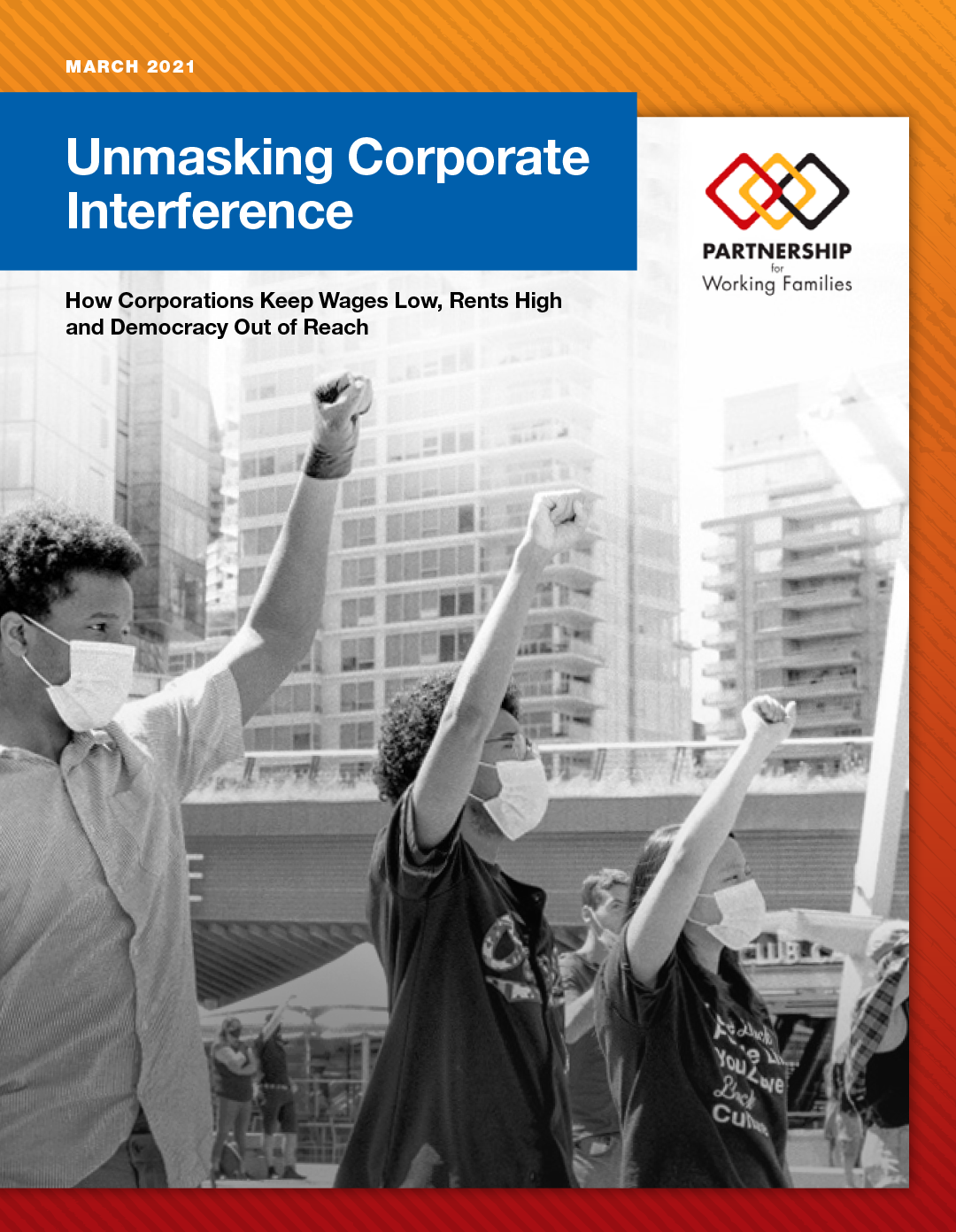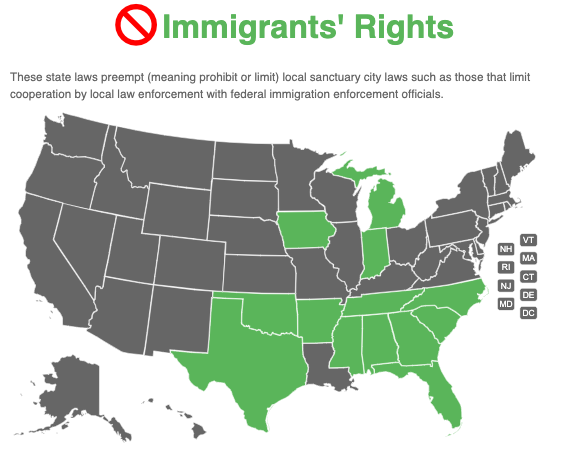In response to the Eleventh Circuit’s decision to allow plaintiffs to proceed in the lawsuit challenging the State of Alabama’s actions to nullify a City of Birmingham minimum wage ordinance as intentional racial discrimination, the Partnership for Working Families and Southern Poverty Law Center issued this statement:
The Eleventh Circuit decision today ensures that Birmingham workers will have their day in court to show that their state’s ban on minimum wage increases in predominantly Black and brown cities is part of a long, unconstitutional history of racial discrimination.
"The plaintiffs have stated a plausible claim that the Minimum Wage Act had the purpose and effect of depriving Birmingham's black citizens equal economic opportunities on the basis of race, in violation of the Equal Protection Clause of the Fourteenth Amendment," the 11th Circuit opinion said.
In determining that the state law disparately impacted Black workers, the court noted that "black wage workers in Birmingham make, on average, $1.41 less per hour than white wage workers, and $2.12 less per hour statewide." Further, while the city of Birmingham is 72% African American, Alabama’s state legislature is overwhelmingly white.
“That disparity is hard to ignore when you see the state going to great lengths to block cities like Birmingham from raising the minimum wage,” said Partnership for Working Families attorney Miya Saika Chen. "We see this dynamic play out across the country - cities of color run into state interference from predominantly white legislatures when trying to enact policies that address the economic obstacles faced by communities of color."
“When Alabama’s majority-white legislature passed a law that would reverse a majority-black municipality’s decision to increase its minimum wage, the intent was clear: to preserve the state’s long-standing racial wage gap in which African American low-wage workers earn up to 27% less than their white counterparts,” said Sam Brooke, SPLC deputy legal director. “The discriminatory intent cannot be denied.”
Importantly, the Eleventh Circuit firmly rejected the District Court’s harsh approach to claims of intentional discrimination, finding that it "turn[ed] a blind eye to the realities of modern discrimination," and noting that racism is often "cloaked beneath ostensibly neutral laws and legitimate bases."
Now is the time for us to join together across racial differences and ensure that working people, whether white, Black or brown, can provide for their families and prosper. We need to stand up to wealthy special interests and an old guard that has always rigged the rules in its favor. This appeals court decision gives low-wage workers, civil rights advocates, and community leaders a chance to be heard in our justice system.



